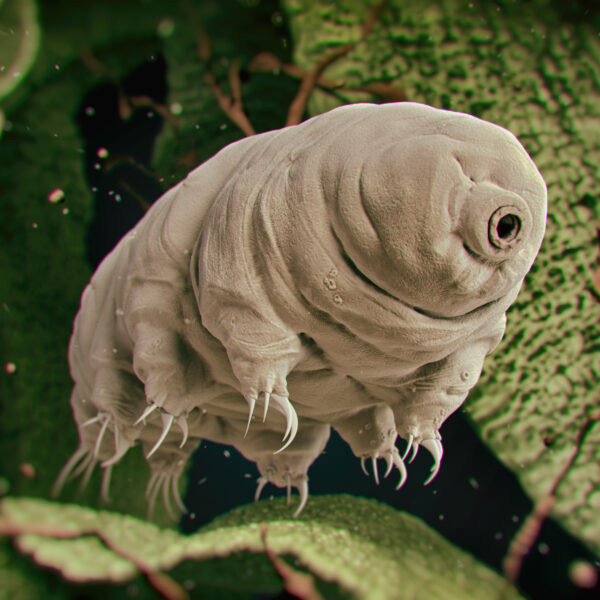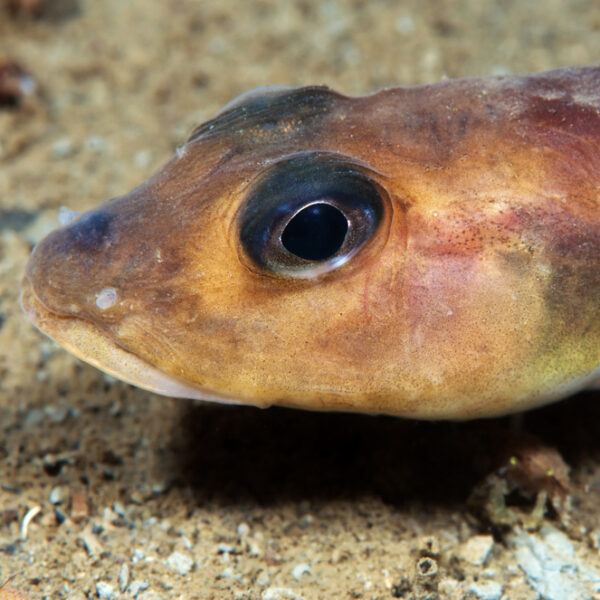Writer Fuel: New DNA-Infused Computer Chip Blurs Line Between Biological and mechanical
Scientists have created a new biocomputing chip that makes calculations using a DNA substrate, including mathematical operations essential to artificial intelligence (AI) training and big data processing. Researchers described the new biocomputing platform Oct. 19, 2023, in the journal PLOS One. DNA is known as the blueprint for life and encodes genetic information, like data … Read more










